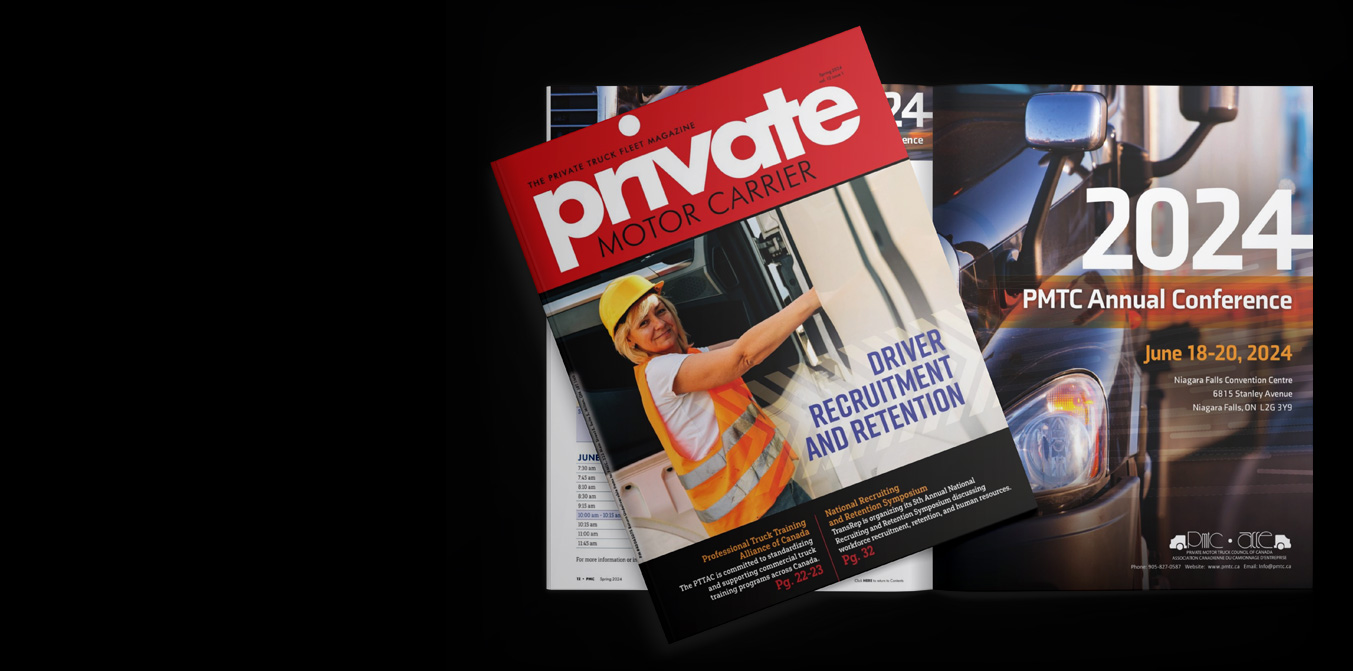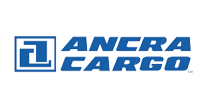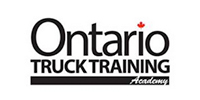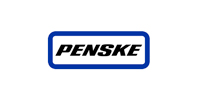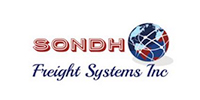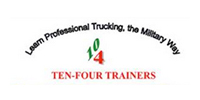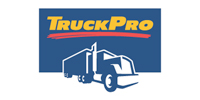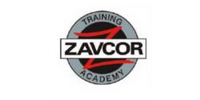2014 PMTC Chair Dennis Shantz reflects on the business of private trucking and Home Hardware
“They [PMTC] give us a voice.”
– Dennis Shantz, Home Hardware
Dennis Shantz wasn’t looking for a full-time job when he sat down for an interview with Home Hardware’s fleet manager. All he wanted was a few extra hours behind the wheel to supplement his paycheque from another carrier.
The meeting obviously went better than expected. By the time Shantz drove home there was a call offering a full-time driving position. That was 17 years ago. Six years as a driver and back-up dispatcher followed, then a role overseeing a new safety program. Eight years ago he moved into the fleet manager’s office. Now Home Hardware’s director of fleet services is the current chair of the Private Motor Truck Council of Canada (PMTC).
As much as his role has changed over the years, there are still plenty of familiar faces around the yard in St. Jacobs, Ontario where long tenures are the norm. When asked about driver turnover at the fleet serving hardware retailers and building centres, Shantz offers an observation that would make many of his peers envious: “The last time we had a driver just leave the company? Other than retiring? I’d say it was five years ago.” A hand-designed photo collage posted outside the dispatch office, celebrating a long-time employee’s recent retirement, offers just one example of how rare the turnover is.
Shantz credits the fact that managers are always open to a driver’s suggestions. It sounds like a little thing, but drivers should be confident they have a voice in everyday decisions, he says. When one driver recently pointed out a new schedule was sending him into Montreal at the heart of rush hour, the order of deliveries was changed. When another employee reported the tight turns into a new retail location, the 53-foot trailer was swapped for a 48-footer. “They know we’ve got time for them,” Shantz says.“We’re going to listen.”
The commitment is not limited to fleet managers. When drivers met for an annual meeting on Dec. 31, a corporate update was offered in person by none other than President and CEO Paul Straus. “There’s no real big separation from the [executive offices] to the drivers, warehouse and dispatch staff,” he says.
History emphasizes that personal relationships are important to this business. Home Hardware, now celebrating its 50th anniversary, has even leased its trucks from the same supplier for 50 years. Founder Walter Hachborn and Murray Good of Good’s Garage secured that deal with nothing more than a handshake, and it is still in place today. All 135 power units – including a selection of International ProStars, Volvos and Freightliner Cascadias – are sourced from the same location. And Mike Good, today’s president of Good’s Garage, still personally attends driver meetings and contributes to safety bonuses.
But the company which honours its historic roots also remains focused on the future.
The fleet’s newest equipment is spec’d with 425-hp engines and roll stability controls to meet Ontario’s requirements for Long Combination Vehicles (LCVs), even though Home Hardware is not yet using the longest configurations. Many of the retailers served by the fleet are located far from the major highways required for twinned 53-foot trailers. For that matter, the tight settings are so common that all the Manac trailers are also ordered with side doors. But in other ways, Home Hardware is a perfect fit for LCVs. “We bulk out way before we weigh out,” Shantz explains. The exceptions to the rule tend to be limited to unusually heavy inbound goods like loads of road salt. So far, it looks like the most promising application would involve trips between the Ontario distribution centre and Quebec. Dealers are used to receiving their shipments within an average of 36 hours after placing an order, but Shantz muses about a system where an Ontario driver might begin a trip with an LCV, and then hand off one of the 53-foot trailers to a Quebec counterpart.
The changes are hardly coming tomorrow, but Shantz needs to think ahead. His fleet keeps highway trailers in service for a jaw-dropping 15 years, thanks to a Preventive Maintenance program which inspects the equipment every 60 to 80 days, catching smaller mechanical issues before they lead to bigger problems and roadside breakdowns. A brightly lit inspection pit helps drivers conduct thorough pre-trip inspections as well.
A Commercial Vehicle Operator’s Registration (CVOR) violation rate which typically hovers around 10% shows just how effective the processes have become.
It is not the only way that the condition of trailers is important. Each is coated in a vibrant “Home Hardware” yellow and is scrubbed clean. “We’re a rolling billboard,” he says with pride. One of the latest investments in the fleet yard includes a drive-through wash bay with water jets that clean equipment from nose to tail in less than four minutes.
It is hardly the only evidence of a company willing to try new equipment. Side skirts were recently added to trailers as the fleet looks to tackle its biggest challenge in the form of rising fuel prices. While the mixed operation and routes make it difficult to test new components internally, Shantz turns to trusted third-party sources such as FPInnovations’ Performance Innovation Transport (PIT) group for a stamp of approval. Gaps between tractors and trailers have also been tightened as much as the restricted confines of retail store parking lots and municipal roads allow. “Fuel costs are not getting any better,” he says, adding that he’s particularly happy to see the PMTC championing the right to use boat tails, controlling the unwanted turbulence behind trailers.
Electronic data has played another role in controlling fuel costs. In addition to tracking information about hard braking events and average speeds, Home Hardware has also been able to download data about idle time. Using little more than driver training and company policies on top of that, it has been able to reduce the 44,585 hours of idling recorded in 2007 to the 27,956 hours seen in 2012. “A lot of it was driver attitude, the old way of doing things,” he says, referring to those who left engines running while taking a break. The gains were even made without the incentive of a fuel bonus because a generous company bonus was already in place. Everyone knows that they reap the rewards of good business decisions. “Being a dealer-owned company we all buy into the same program,” he says. “Our goal is to service our dealers the best we can.”
Shantz certainly sees drivers as the secret to the fleet’s ongoing success. “They’re probably seeing our dealers more than anybody in the company,” he says. “Our drivers are our ambassadors out there.” Thanks to one recent addition, Home Hardware can even claim one of the most decorated truckers in the country. Rob Marshall, the 2013 National Truck Driving Championship’s Rookie of the Year and Grand Champion, had approached Shantz about a potential job after collecting his provincial honours. There were no openings at the time, but knowing they had three drivers retiring later in the year, Shantz and his team made room. “When you’ve got a good driver like that, somebody is going to pick him up,” he adds.
A commitment to ongoing training helps to hone all their skills. Each driver takes a defensive driving course at least once every three years, and those who record three “incidents” – even those which cause the smallest amounts of damage – will return to the classroom in the interim. Other annual training sessions have informed them on topics as diverse as sleep apnea and how to respond at the scene of a collision.
Home Hardware’s senior executives receive another form of training. Shantz’s annual briefings in the boardroom help to ensure every manager understands trucking-related choices and challenges. “Our main business is retail,” Shantz stresses. “Not trucking.” But the broader understanding helps to make informed decisions.
It is one of the reasons why the fleet has been involved in PMTC for so many decades. It offers one of the best ways to stay on top of evolving regulations, he says, referring as well to effective lobbying efforts which led to changes such as an end to the need to re-test drivers at the age of 65. “They give us a voice.”
The new chair is particularly excited about the council’s Young Leaders Group, which is giving a voice to the newest generation to serve the industry. The average age of those in private trucking continues to creep ever higher, but he knows that the newest additions will play a key role in solutions.
In fact, he sees networking opportunities as one of the council’s leading benefits. It’s one of the reasons that he and the PMTC board are dedicating more time to recruiting efforts. “Over the past couple of years – even in a tough economy -- we’ve increased members, and that says volumes about the organization,” he says. As the newest chair, he hopes to see the numbers grow larger yet, and is encouraging fellow fleet managers to reach out to those companies which have yet to join.
His employer refers to Home owners helping homeowners.
Through PMTC, he knows fleet managers can help fleet managers.
--
Did you know?
Dennis Shantz, chair of the Private Motor Truck Council of Canada, was an aspiring junior hockey player until he suffered a major wrist injury. But the defenceman still ties up his skates on a regular basis.


